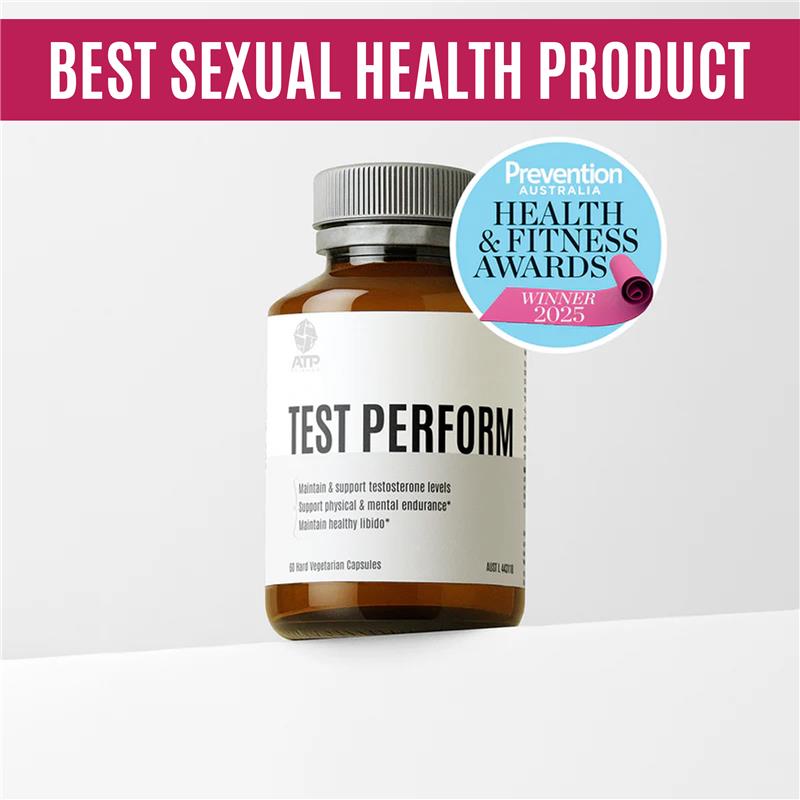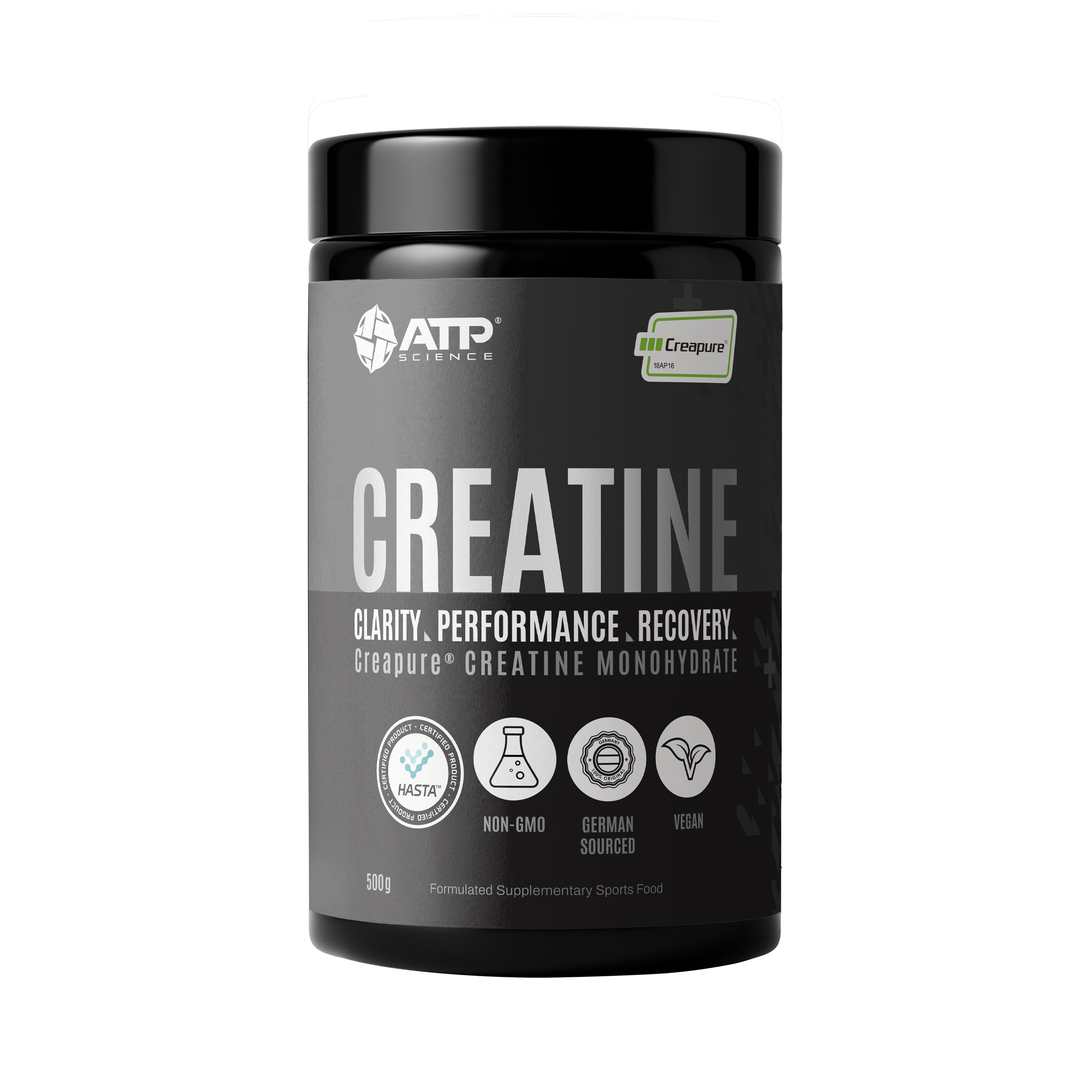Who founded the term?
Evelyn Tribole and Elyse Resch, in 1995 are two dieticians that are responsible for establishing this term “intuitive eating”. It was hypothesized that; we had deviated away from our instincts of knowing what to eat and when. When babies are hungry, they cry. When we go without food long enough our body signals us with a grumble and kicks in Ghrelin to communicate that fuel is required and we eat then leptin jumps in and tells us we are satisfied. How have we lost our way with this?
Let’s have a deeper look at what Intuitive eating is…
Intuitive eating is a weight-neutral model with a validated assessment scale and a total combined of 90 studies to date. Intuitive eating is the realignment of integrative communication between the body and mind. The principles of this method appear to work through either manifesting or removing obstacles invoke total body awareness, this process has been recognized as ‘interoceptive awareness.’ On a broader view, this essentially means, ‘honoring the body’s internal communication signaling’ and responding to the direct messages it is sending out to meet both the mental and physical needs of the body.
You can see that with this terminology, there is much leeway for critical criticism with not much thought given to potential underlying health conditions that may inhibit this signaling from happening like that of the next person and potential of opening up a can of worms as to why one person receives reliable constant signaling and another doesn’t. Have they approached this aspect? We will find out more about that shortly. For not, what Intuitive eating is NOT…
Intuitive Eating is often portrayed as a diet form…
Intuitive eating is clarified many times by the authors as a non-restrictive eating form. They do not like it to be termed a diet, but rather an attuning to becoming an expert of your own body. You as an individual know how you feel, your thoughts, emotions and such towards food and times when eating is most suited to you.
How does this differ from that of Mindful eating?
Being mindful when you eat does indeed differ, mindful eating is about setting up the environment around food. Are you present? Do you sit there and scroll through your phone with Netflix on in the background? Do you talk on the phone and shovel your food in like it’s a forced task rather than an enjoyed moment in time of nourishment?
This differs from listening and paying attention to the cues of your body, the light-headedness, nausea, the fullness, the grumbles and headaches that can come from food types, food intake or lack thereof. These cues are what are linked with intuitive eating, listening to your body.
Mindful eating is peaceful, it's being thankful for the food in Infront of you, for the colors and taste, savoring the flavors. Technology down and out of sight, deep conversations with those you love or peace alone. Embracing this time to nurture and set you up for the rest of the day until you eat again. This is a form of good meditative habit, de-stress and a healthy relationship with food that may also enhance your ability to stop and listen to your cues that may inherently enhance your ability to intuitively eat and listen to your body.
What does the data have to say about Intuitive eating?
There are around 90 odd references available in the literature on this method of approach and data still needing to be collated on other contributing variables that may counteract this method but for now, this is an example of a closing conclusion snippet on the method:
“A body of research indicates that IE is a promising and comprehensive approach to healthy eating with physical and psychological health benefits. For the health practitioner, it is a gratifying way to collaborate with patients to achieve sustainable healthy behaviors, while helping them become the expert of their bodies. However, there are gaps in the research. In particular, there is a need for intervention studies in a variety of age groups and across socio-economic backgrounds and gender.” – Academy of nutrition and dietetics, Readers digest published article. Intuitive eating: a research update.
Take-home messages on intuitive eating…
Can this method be helpful? Yes, there is a place for this in our modern-day busy lives and demand for quick results with less attention paid to the time it may take to get there; it helps to teach people to have a healthier relationship with their food, to build that relationship with their body’s signals that they may not have had before. To apply a mindful whole-picture view on what food can do for their body and how their body responds from it, that in itself is incredible and priceless for mental health implications that can come from dangerous and pricey diet tactics and schemes.
If you are applying this as a first approach to diet protocol when attempting to hit a specific physique say for example a sport or bodybuilding competition where everything needs to be intricately measured in terms of macros and micros and ensuring you are getting all of the required amounts and building blocks for muscle growth, recovery and preservation then this method can be difficult. Likewise though, in this aspect if you have been measuring macronutrients and micronutrients for these specific requirements for long periods, then you may find that your body has become attuned to these needs and you may find it lesser required to track and measure food as you have intuitively become adapted to intake and calories in vs calories out your body will know what it needs and signal as such.
References:
https://cdn.shopify.com/s/files/1/0623/8280/1126/t/14/assets/description_image_Intuitive_Eating_Studies_9_18_18.pdf?v=1646486061


















